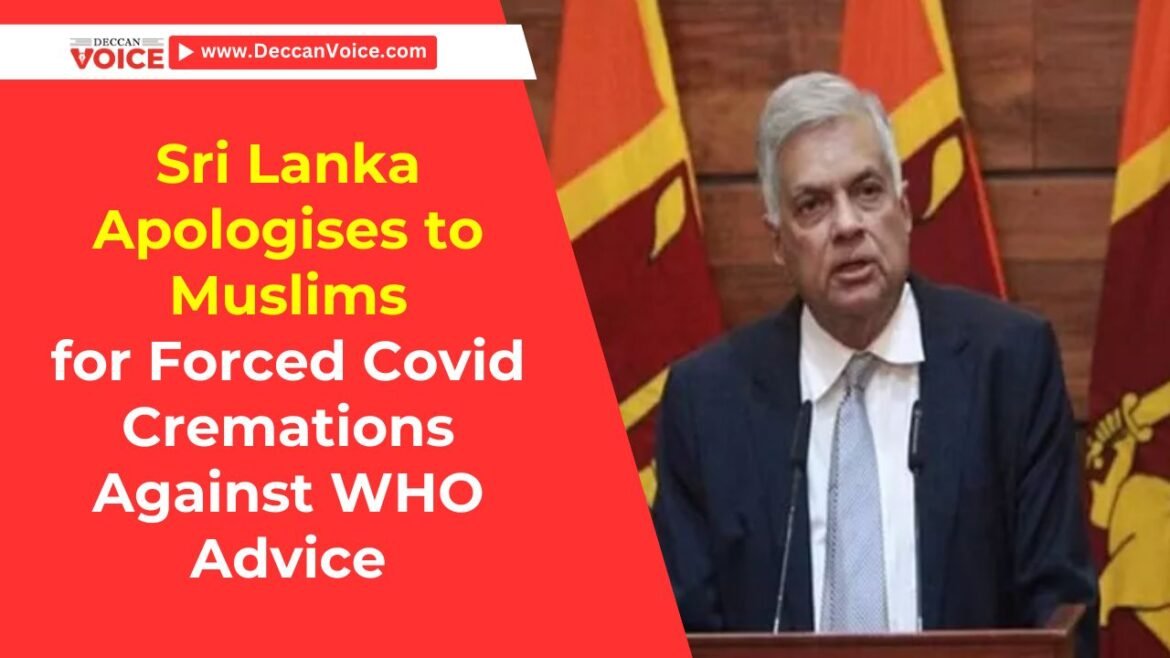Table of Contents
In a significant and conciliatory move, the Sri Lankan government has issued a formal apology to the Muslim community for the forced cremations of COVID-19 victims. This policy, enforced during the peak of the pandemic, went against the World Health Organization’s (WHO) guidelines, which permitted both burials and cremations.
Background and Controversy
During the COVID-19 pandemic, Sri Lanka mandated the cremation of all COVID-19 victims, citing health and safety concerns. This decision sparked widespread outrage, particularly among the Muslim community, as it violated Islamic burial rites which dictate that the dead must be buried. Many international human rights organizations and local advocacy groups criticized the policy, calling it discriminatory and a violation of religious freedoms.
Government’s Justification
The Sri Lankan government initially defended the cremation mandate by asserting that burials posed a risk of contaminating groundwater and spreading the virus. Despite WHO guidelines indicating that burials could be conducted safely with appropriate precautions, the government persisted with the cremation-only policy.
Apology and Policy Reversal
Acknowledging the distress caused to the Muslim community, the Sri Lankan authorities have now officially apologized. The apology marks a significant step towards reconciliation and healing, as it addresses the deep hurt and anger caused by the forced cremations. The government has also reversed its policy, allowing for the burial of COVID-19 victims in accordance with their religious practices.
Reactions and Implications
The apology has been met with mixed reactions. While many Muslim leaders and community members have welcomed the gesture as a positive step towards respecting religious freedoms, others feel that the damage done cannot be easily undone. Human rights advocates have called for further measures to ensure that such violations do not occur in the future.
Conclusion
Sri Lanka’s apology for the forced cremation of COVID-19 victims represents an important moment in the country’s handling of the pandemic’s social and cultural impacts. By aligning future policies with international guidelines and respecting religious practices, Sri Lanka can foster greater unity and understanding among its diverse population.



